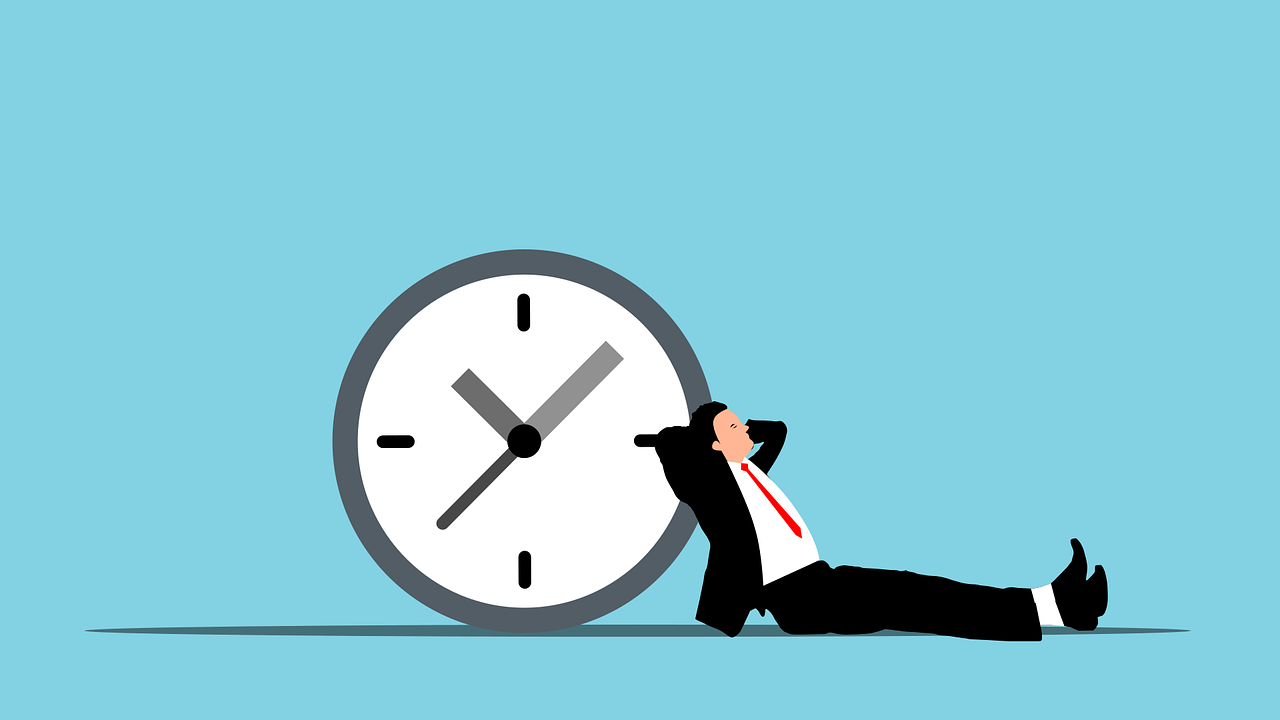
Night-Time Safety: How Personal Alarms Offer Reassurance After Dark
For many older adults and those living with health conditions, night-time can feel like the most vulnerable part of the day. When the house is quiet, visibility is low, and support may be further away, even simple tasks such as getting up for a glass of water or visiting the bathroom can feel daunting. A personal alarm provides extra reassurance during these hours, ensuring that help is only ever the press of a button away.
Why Night-Time Feels Riskier
Falls and accidents often occur at night, especially when lighting is dim and individuals are still half asleep. Conditions such as dizziness, low blood pressure, or unsteadiness can increase risks. Many people also experience heightened anxiety after dark, worrying about what might happen if they cannot reach the phone or alert someone quickly in an emergency.
How Personal Alarms Provide Peace of Mind
Personal alarms are designed to be worn at all times, including through the night. With one on hand, there’s no need to struggle to find a phone or call for help. At the press of a button, the alarm immediately connects to a 24/7 monitoring centre, where trained staff can assess the situation and contact family, carers, or emergency services if needed.
This quick response can make a real difference, especially in cases such as:
-
A fall on the way to the bathroom
-
Sudden illness such as chest pain, dizziness, or shortness of breath
-
Anxiety or panic attacks that can feel worse at night
Supporting Independence at Home
Having a personal alarm overnight provides not just safety, but also freedom. Users can rest easier knowing that they are not alone, while families can sleep soundly with the reassurance that their loved one has direct access to help. For those who want to maintain independence and continue living at home, personal alarms offer vital support at all hours.
A Better Night’s Sleep for Everyone
Ultimately, night-time safety is about more than protection—it’s about peace of mind. With a personal alarm, users and their families can feel reassured that even in the quiet hours, someone is always ready to respond. That reassurance often leads to better, more restful sleep, which in turn supports overall health and wellbeing.



Leave a comment
This site is protected by hCaptcha and the hCaptcha Privacy Policy and Terms of Service apply.